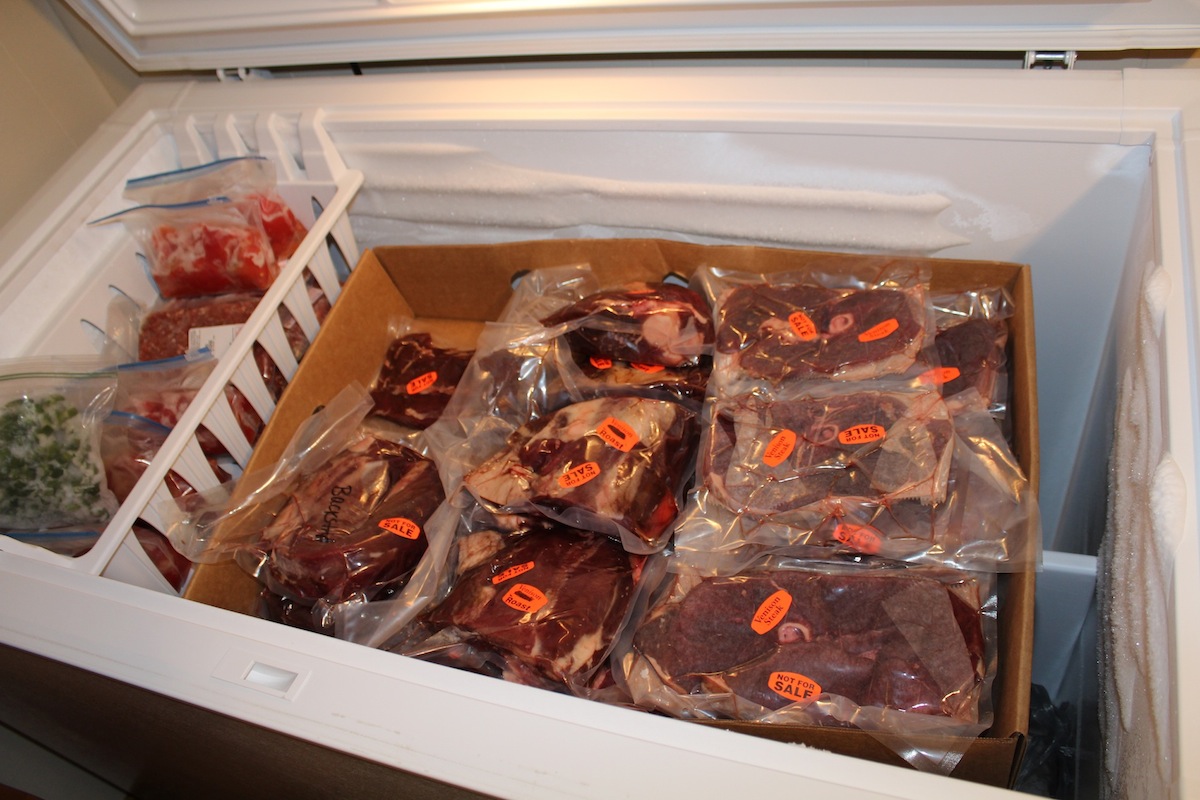

Articles
How Long Is Venison Good In The Freezer
Modified: August 16, 2024
Discover how long venison can be safely stored in the freezer in this informative article. Learn the best practices for preserving your venison.
(Many of the links in this article redirect to a specific reviewed product. Your purchase of these products through affiliate links helps to generate commission for Storables.com, at no extra cost. Learn more)
Introduction
When it comes to hunting and enjoying the fruits of your labor, few things can compare to the sweet taste of venison. This lean and flavorful meat is a staple for many hunters and food enthusiasts alike. But what happens when you have more meat than you can consume in one sitting? That’s where the freezer comes in.
Freezing your venison allows you to preserve its freshness and flavor for extended periods of time, ensuring that you can savor the taste of your successful hunt long after the season has ended. However, it’s important to understand the factors that can affect the shelf life of venison in the freezer, as well as the proper storage techniques to maintain its quality.
In this article, we will explore the recommended storage time for venison in the freezer, the signs of freezer burn to watch out for, and some helpful tips for properly storing and thawing frozen venison.
So, if you’re ready to learn how to make your venison last in the freezer, let’s dive in!
Key Takeaways:
- Properly storing venison in the freezer is crucial for maintaining its freshness and flavor. Factors like temperature, packaging, and meat quality impact its shelf life. Follow recommended storage times and watch for freezer burn signs to enjoy delicious venison for months.
- Thaw frozen venison properly to preserve its texture and flavor. Plan ahead for refrigerator thawing, avoid room temperature thawing, and consider cold water thawing for quick results. Use thawed venison promptly and cook with moist and gentle methods to savor the mouthwatering flavors of well-preserved venison.
Read more: How Long Is Soup Good In The Freezer
Factors affecting the shelf life of venison in the freezer
Properly storing your venison in the freezer is crucial for maintaining its quality and extending its shelf life. However, there are several factors that can impact how long your venison will stay fresh in the freezer. Let’s take a closer look:
- Temperature: The temperature of your freezer is one of the most important factors when it comes to preserving the quality of venison. It is recommended to set your freezer temperature at or below 0°F (-18°C). Freezing the meat at this low temperature prevents the growth of bacteria and slows down the process of spoilage.
- Airtight packaging: The packaging you use to store your venison plays a significant role in preventing freezer burn and maintaining its flavor. Vacuum-sealed bags are highly recommended as they remove excess air and create a tight seal, preventing any air from entering and freezer burn from occurring. If vacuum-sealed bags are not available, you can use airtight containers or heavy-duty freezer bags, making sure to remove as much air as possible before sealing.
- Quality of the meat: The quality of the meat before freezing also affects its shelf life. It is essential to properly handle and process the venison after the hunt. Quick and efficient field dressing, proper cooling, and clean processing practices ensure that the meat is in the best condition before freezing. The fresher the meat, the longer it will last in the freezer.
- Storage time: Even with proper freezing techniques, venison can still deteriorate over time. It is recommended to use frozen venison within 6 to 12 months for optimal quality. While it may be safe to consume venison stored for longer periods, the texture and flavor may start to degrade.
- Freezer stability: Fluctuations in temperature can have a negative impact on the quality of venison. It is essential to avoid frequent temperature changes, such as opening the freezer door frequently or exposing it to warm air for prolonged periods. These fluctuations can cause ice crystals to form and result in freezer burn.
By understanding these factors, you can maximize the shelf life of your venison in the freezer and ensure that it remains delicious and safe to consume for as long as possible.
Recommended storage time for venison in the freezer
While venison can be stored in the freezer for a significant amount of time, it is important to note that the quality of the meat may deteriorate over time. To ensure that your venison remains at its best, here are some recommended storage times:
- Ground venison: Ground venison should be used within 3 to 4 months of freezing. Ground meat has a larger surface area, making it more prone to freezer burn and deterioration.
- Steaks and roasts: Steaks and roasts can be safely stored for 6 to 9 months in the freezer. These cuts tend to have a longer shelf life due to their larger size and lower surface area.
- Sausages and processed venison: Processed venison products, such as sausages and jerky, can be stored for 6 to 12 months in the freezer. However, it is important to check the manufacturer’s recommendations for specific storage times and conditions.
It is essential to properly label your venison packages with the date of freezing. This way, you can easily keep track of how long each package has been in the freezer and ensure that you use the oldest packages first.
Keep in mind that these storage times are general guidelines, and the quality of the venison can vary depending on factors such as packaging, freezer temperature, and initial meat quality. If you notice any signs of freezer burn or degradation, it is best to discard the meat to avoid any potential health risks.
By following these recommended storage times, you can enjoy the delicious taste of your well-preserved venison for months to come.
Signs of freezer burn in venison
Freezer burn is a common concern when it comes to storing venison in the freezer for an extended period of time. It occurs when the meat is exposed to air, leading to moisture loss and oxidation. While freezer burn does not make the meat unsafe to eat, it can negatively affect its texture and flavor. Here are some signs to look out for:
- Discoloration: One of the most noticeable signs of freezer burn is a change in color. The meat may appear discolored, with white or grayish patches. This occurs when the moisture in the meat evaporates, leaving behind dry and exposed areas.
- Texture changes: Freezer burn can also affect the texture of the venison. The meat may become dry and tough, losing its natural juiciness. It may also develop a grainy or mealy texture, which is a result of the moisture loss.
- Off-flavors: Freezer burn can cause the venison to develop off-flavors. The meat may taste bland or have a slightly rancid or metallic taste. This is due to the oxidation process that occurs when the meat is exposed to air.
- Ice crystals: Another sign of freezer burn is the presence of ice crystals on the surface of the meat. These ice crystals indicate that moisture has evaporated from the meat and has subsequently frozen on the surface.
If you notice any of these signs on your venison, it is best to trim off the affected areas before cooking. While freezer burn does not pose a health risk, eliminating the affected parts will improve the overall quality of the meat.
To prevent freezer burn, it is crucial to properly package your venison to reduce exposure to air. Use airtight packaging such as vacuum-sealed bags or freezer-safe containers. Avoid using regular plastic bags or wrapping the meat in aluminum foil, as they are not as effective in preventing freezer burn.
By keeping an eye out for these signs and taking necessary precautions, you can ensure that your venison stays in optimal condition during its time in the freezer.
Venison can be stored in the freezer for up to 6-9 months before the quality starts to deteriorate. To maintain freshness, wrap it tightly in plastic wrap and then aluminum foil before freezing.
Tips for properly storing venison in the freezer
Proper storage of venison in the freezer is essential to maintain its quality and flavor. Follow these tips to ensure that your venison stays in optimal condition:
- Package it right: Proper packaging is key to preventing freezer burn. Use vacuum-sealed bags to remove excess air and create a tight seal. Alternatively, you can use airtight containers or heavy-duty freezer bags, making sure to press out as much air as possible before sealing.
- Label and date: Always label your venison packages with the type of meat and the date of freezing. This will help you keep track of how long each package has been in the freezer and ensure that you use the oldest packages first.
- Divide into portion sizes: Consider dividing your venison into smaller portion sizes before freezing. This allows you to thaw only what you need and reduces the risk of refreezing leftovers, which can affect the quality of the meat.
- Organize your freezer: Keep your freezer organized to easily locate and access your venison. Use shelves, dividers, or freezer baskets to separate different cuts and types of meat.
- Keep constant temperature: Avoid frequent temperature changes in the freezer, as they can lead to freezer burn. Limit the number of times you open the freezer door, and avoid leaving it open for extended periods.
- Utilize the freezer’s coldest spots: Different areas of your freezer may have different temperatures. Place your venison in the coldest areas, such as the back or bottom of the freezer, to ensure optimal preservation.
- Avoid overcrowding: Overcrowding the freezer can restrict airflow and lead to uneven freezing. Make sure there is enough space around each package of venison for proper cold air circulation.
- Regularly clean and defrost: Keep your freezer clean and regularly defrost it to maintain its efficiency. A clean freezer will ensure that your venison stays in the best possible condition.
By following these tips, you can ensure that your venison remains fresh and delicious throughout its time in the freezer. Proper storage techniques will help preserve its quality so that you can enjoy the taste of your successful hunt for months to come.
Read more: How Long Are Tamales Good In The Freezer
Thawing and using frozen venison
Thawing frozen venison properly is crucial to maintain its texture and flavor. Here are some guidelines to follow when thawing and using frozen venison:
- Plan ahead: Venison should be thawed in the refrigerator, which requires time. Make sure to plan ahead and allow ample time for the meat to thaw properly. It is recommended to allow approximately 24 to 48 hours for a large cut of venison to fully thaw.
- Refrigerator thawing: Place your frozen venison in a leak-proof plastic bag or on a tray to catch any drips. Keep it on the lowest shelf of your refrigerator to prevent cross-contamination with other food items. Thawing in the refrigerator allows for slow and even thawing, ensuring the best quality.
- Avoid thawing on the counter: Thawing venison at room temperature is not recommended, as it can lead to uneven thawing and promote the growth of bacteria. This can compromise the safety and quality of the meat.
- Consider cold water thawing: If you need to thaw venison quickly, you can use the cold water thawing method. Place the frozen venison in a sealed plastic bag and submerge it in a bowl of cold water. Ensure that the water is continuously flowing or changed every 30 minutes to maintain a safe temperature. The meat should thaw within a few hours using this method.
- Thaw only what you need: To avoid waste, thaw only the amount of venison you plan to use. This will prevent repeated thawing and refreezing, which can affect the texture and quality of the meat.
- Use thawed venison promptly: Once venison is fully thawed, it is important to use it promptly to maintain its freshness. Cook or prepare the meat as soon as possible to maximize flavor and minimize the risk of bacterial growth.
- Cooking methods: Venison being a lean meat can easily dry out if overcooked. It is recommended to use cooking methods that are moist and gentle to preserve its tenderness. Roasting, grilling, braising, and slow-cooking are popular methods for cooking venison.
- Marinating: Marinating venison can add flavor and tenderness to the meat. Consider marinating venison overnight before cooking for optimal results.
By following these guidelines, you can safely thaw and use frozen venison while preserving its quality and taste. Enjoy the delicious flavors of your well-preserved venison in your favorite recipes!
Conclusion
Properly storing venison in the freezer is essential to maintain its freshness, flavor, and quality. By understanding the factors that affect the shelf life of venison, you can ensure that your meat stays delicious for longer periods of time.
Remember to set your freezer temperature at or below 0°F (-18°C) and use airtight packaging, such as vacuum-sealed bags, to prevent freezer burn. Ground venison should be used within 3 to 4 months, while steaks and roasts can be stored for 6 to 9 months. Processed products like sausages and jerky have a storage time of 6 to 12 months.
Be on the lookout for signs of freezer burn, including discoloration, changes in texture, off-flavors, and the presence of ice crystals. Trim off any affected areas before cooking to improve the overall quality of the meat.
Proper storage techniques, such as labeling and dating packages, dividing into portion sizes, organizing the freezer, and keeping a constant temperature, can help prolong the shelf life of venison and maintain its optimal condition.
When thawing frozen venison, it is best to plan ahead and thaw it slowly in the refrigerator. Avoid thawing on the counter and consider cold water thawing for quick results. Use thawed venison promptly, and utilize moist and gentle cooking methods to preserve its tenderness.
By following these guidelines, you can enjoy the mouthwatering flavors of your well-preserved venison for months to come. So, make the most out of your hunting season, savor every bite, and share your delicious venison creations with family and friends!
Frequently Asked Questions about How Long Is Venison Good In The Freezer
Was this page helpful?
At Storables.com, we guarantee accurate and reliable information. Our content, validated by Expert Board Contributors, is crafted following stringent Editorial Policies. We're committed to providing you with well-researched, expert-backed insights for all your informational needs.
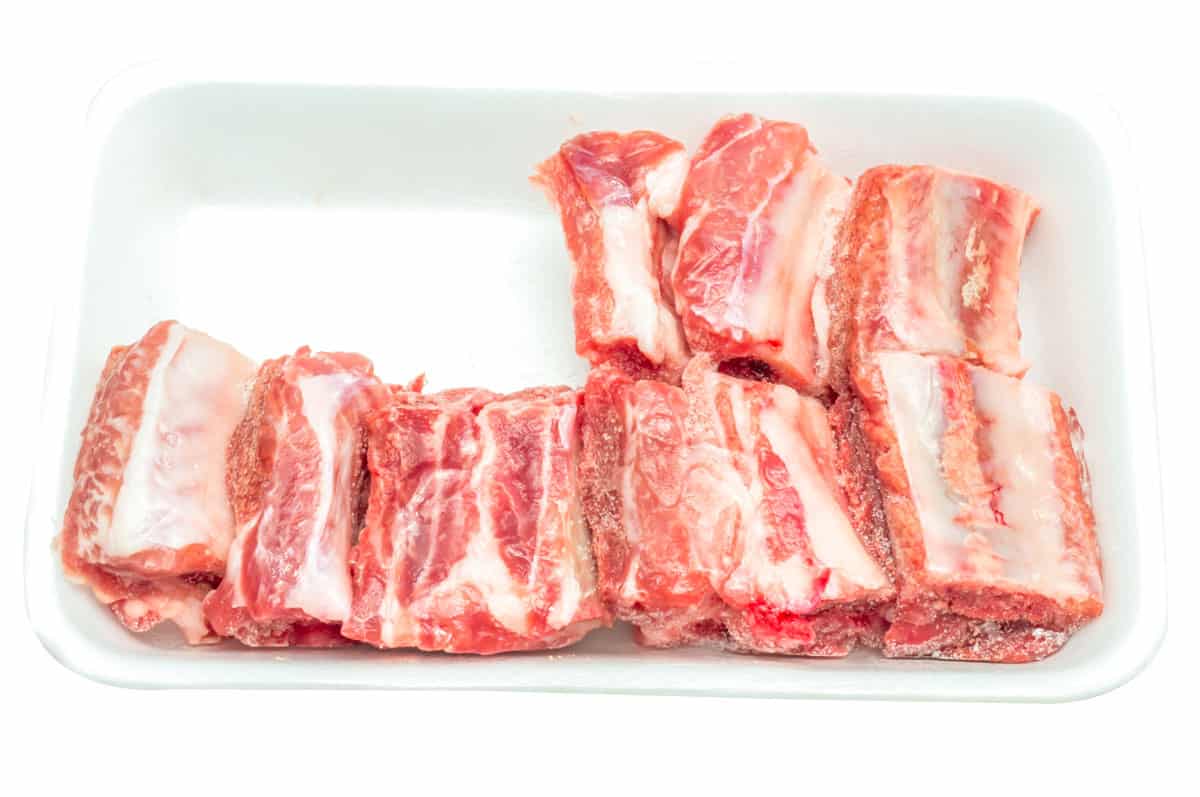
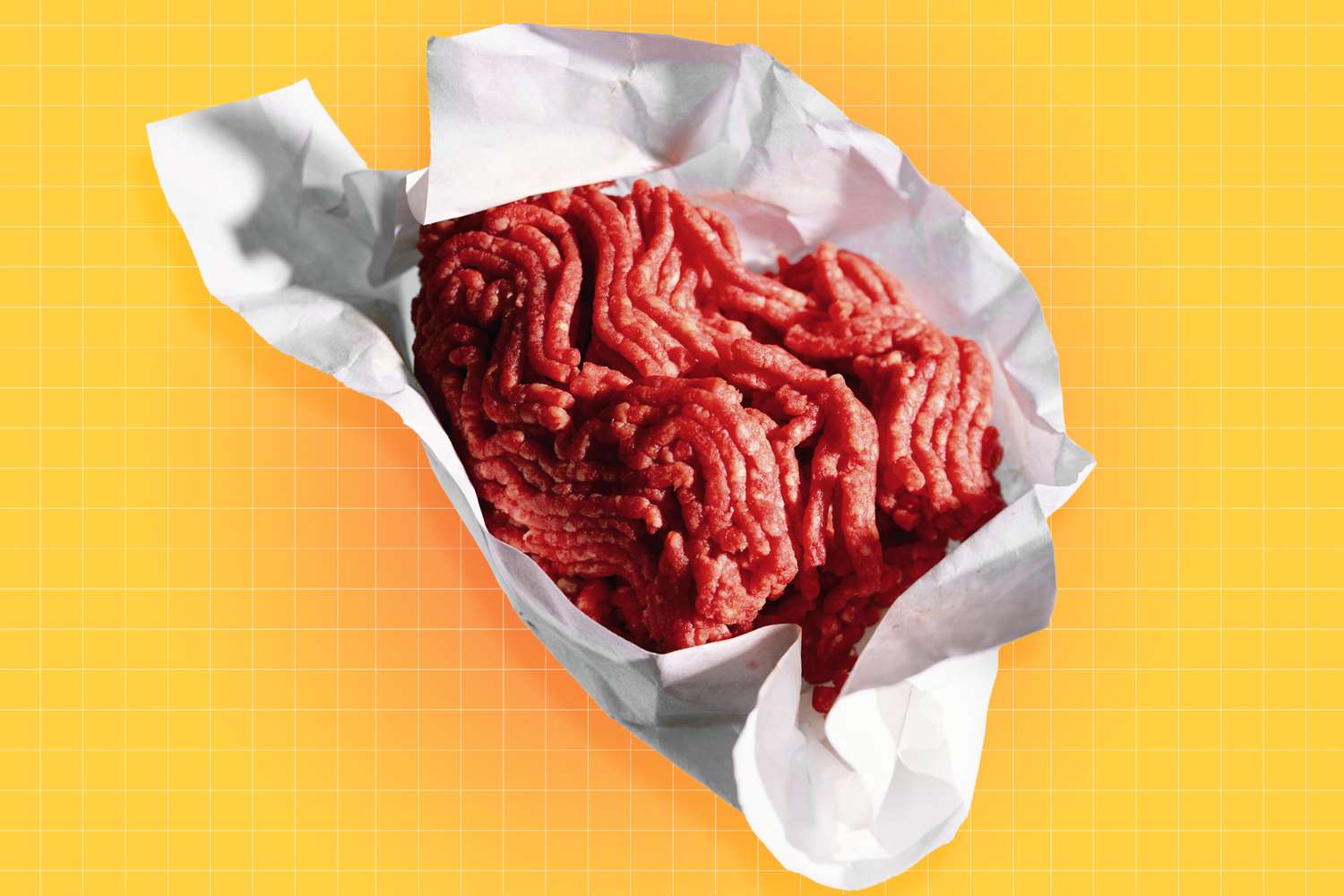
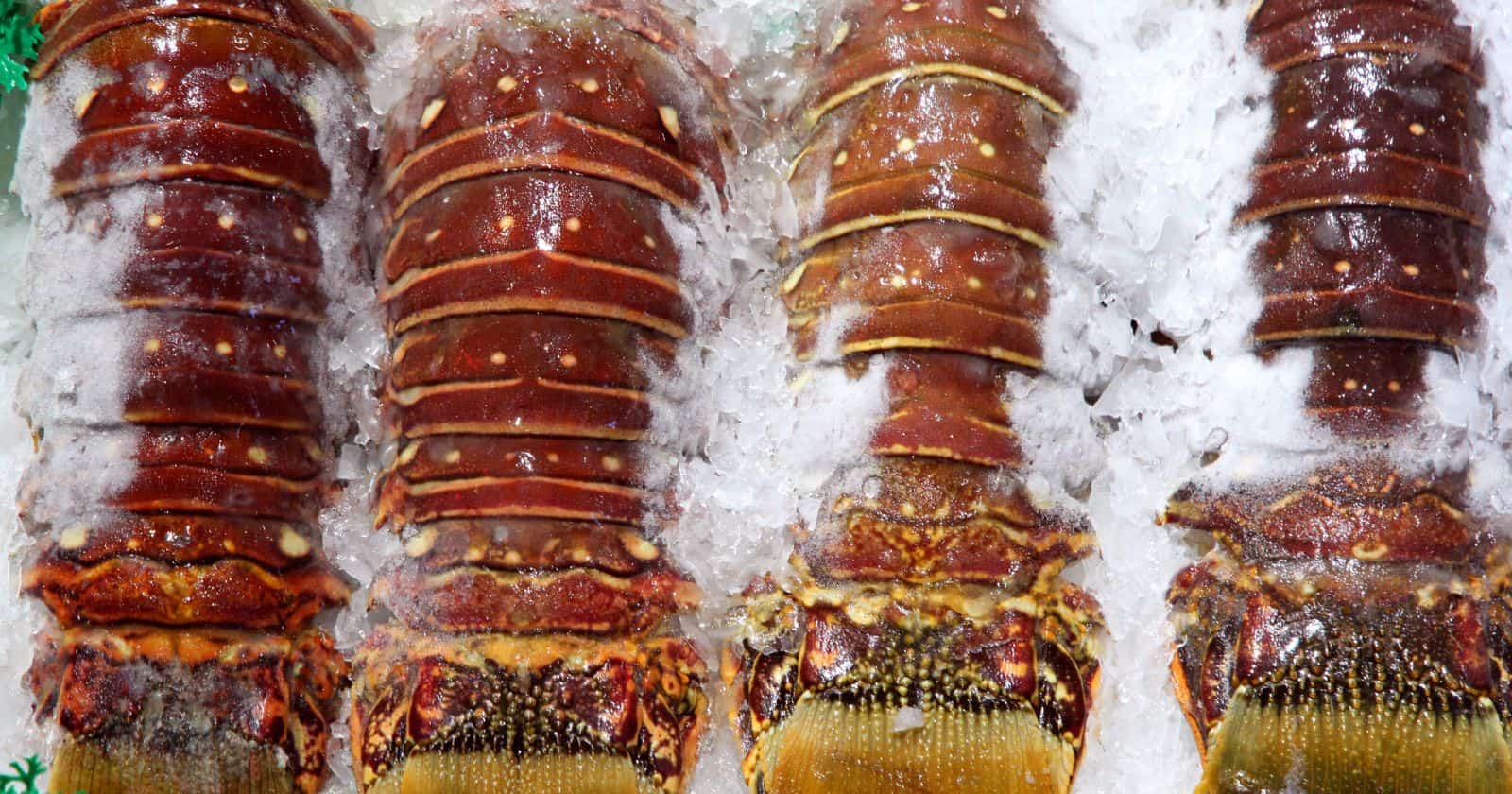
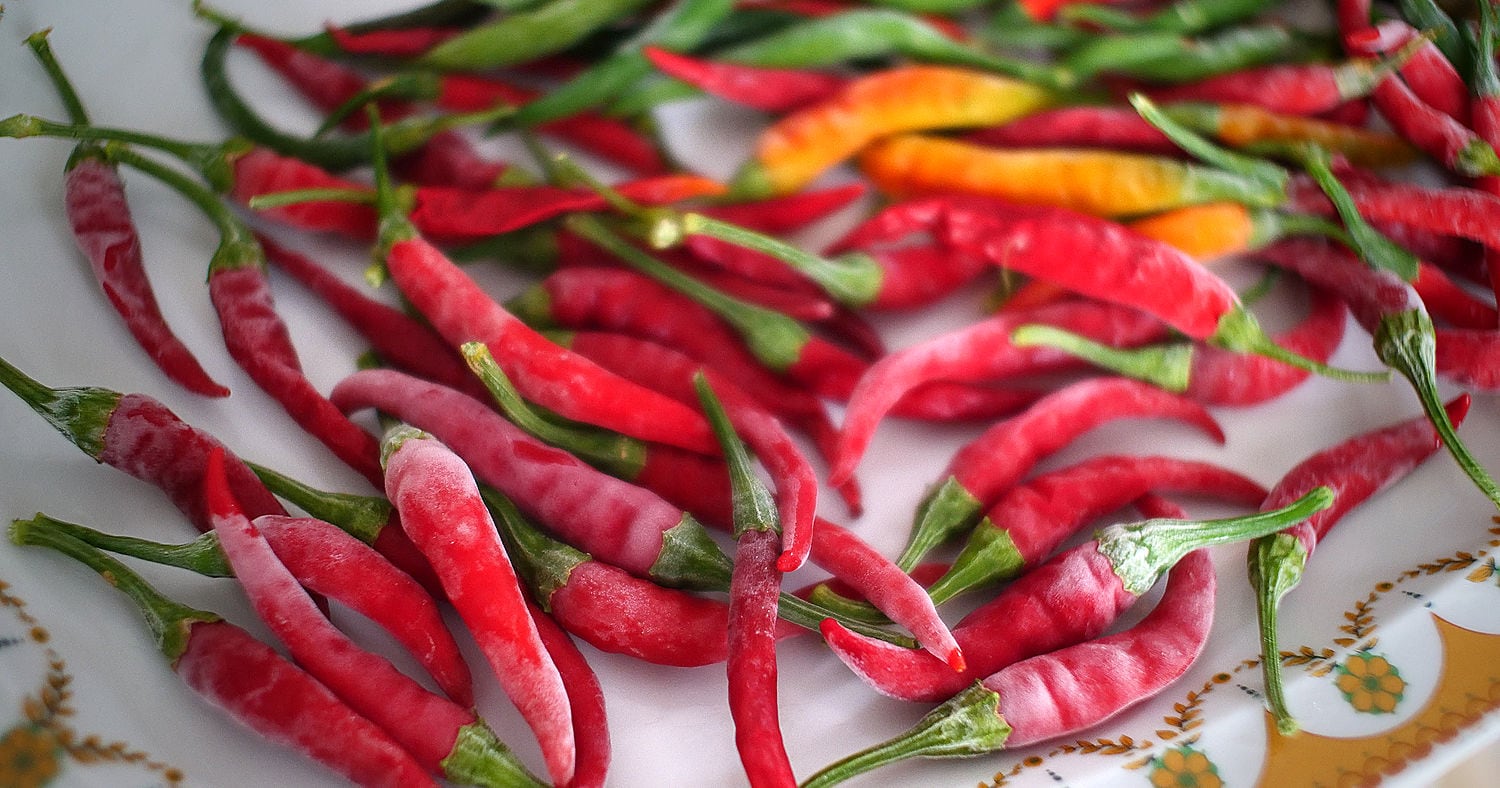
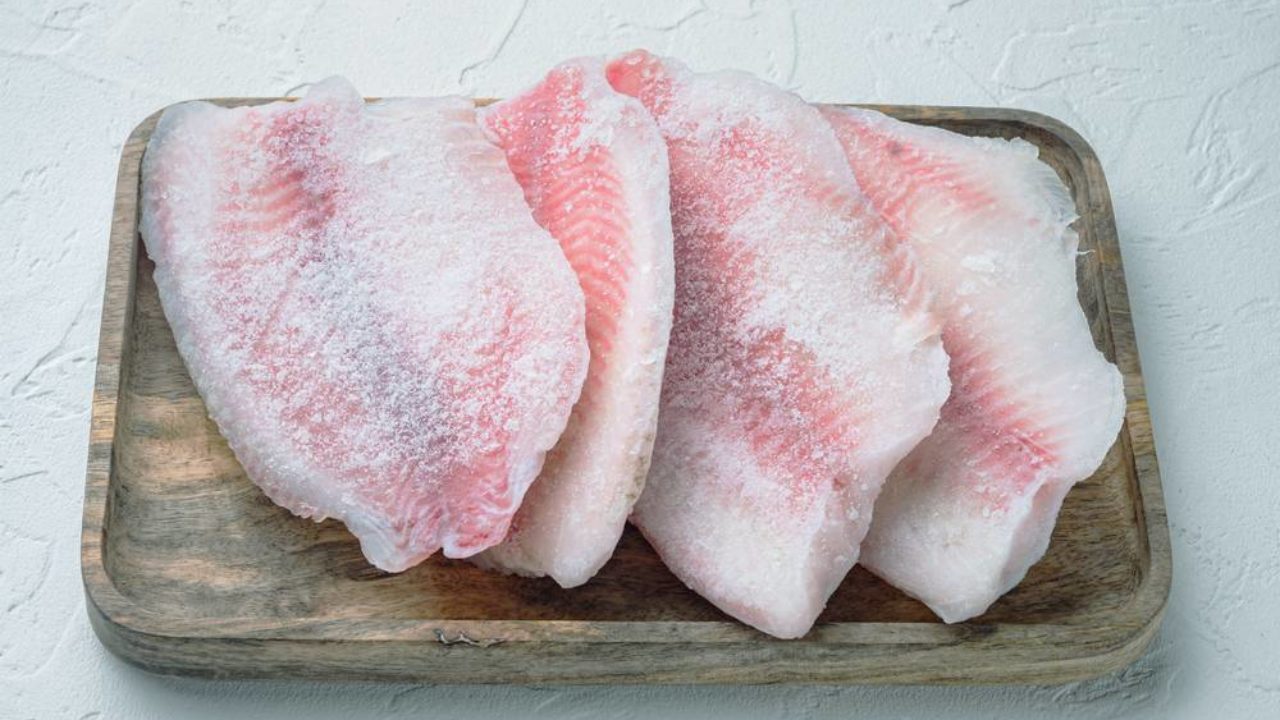


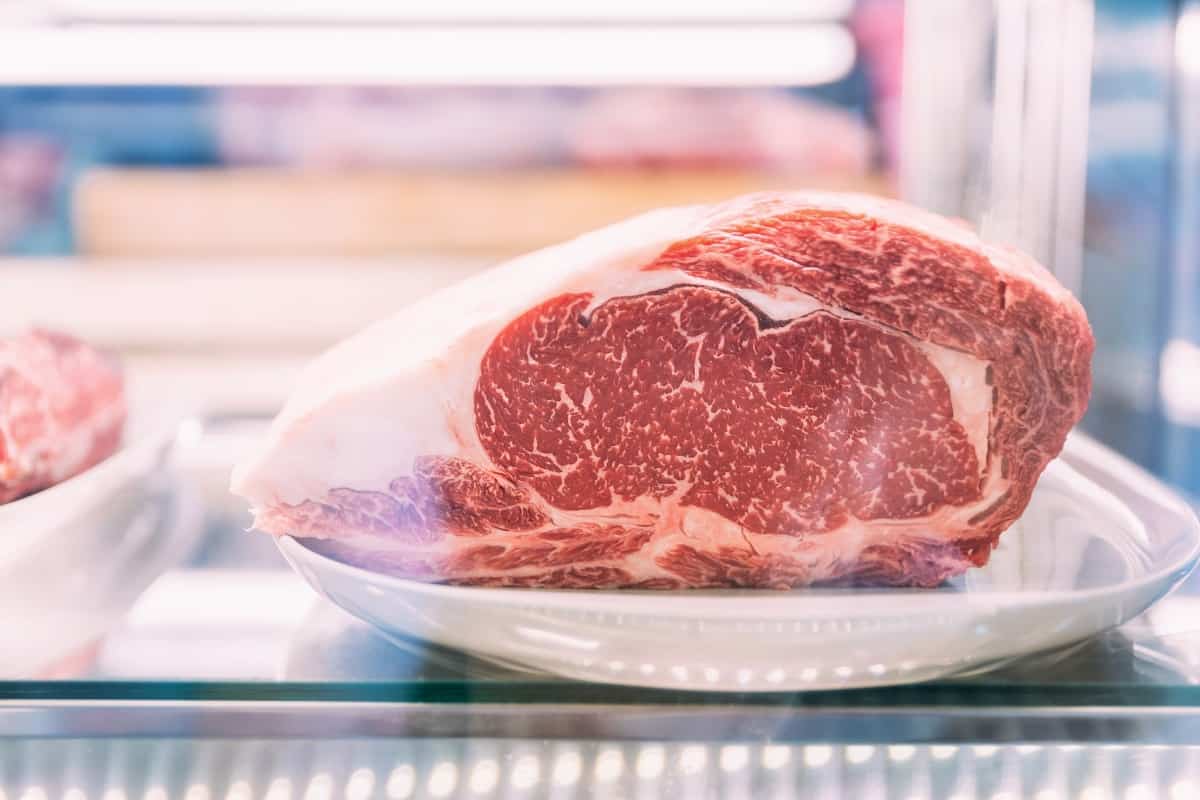
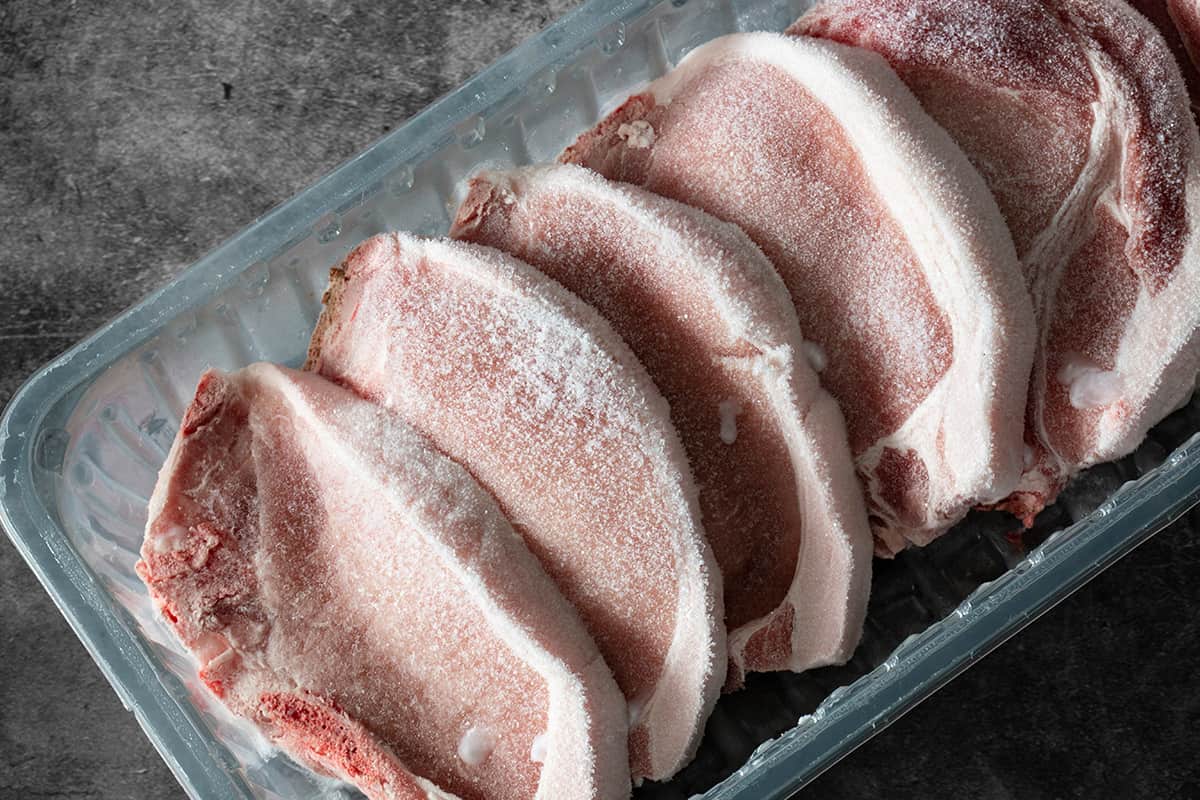
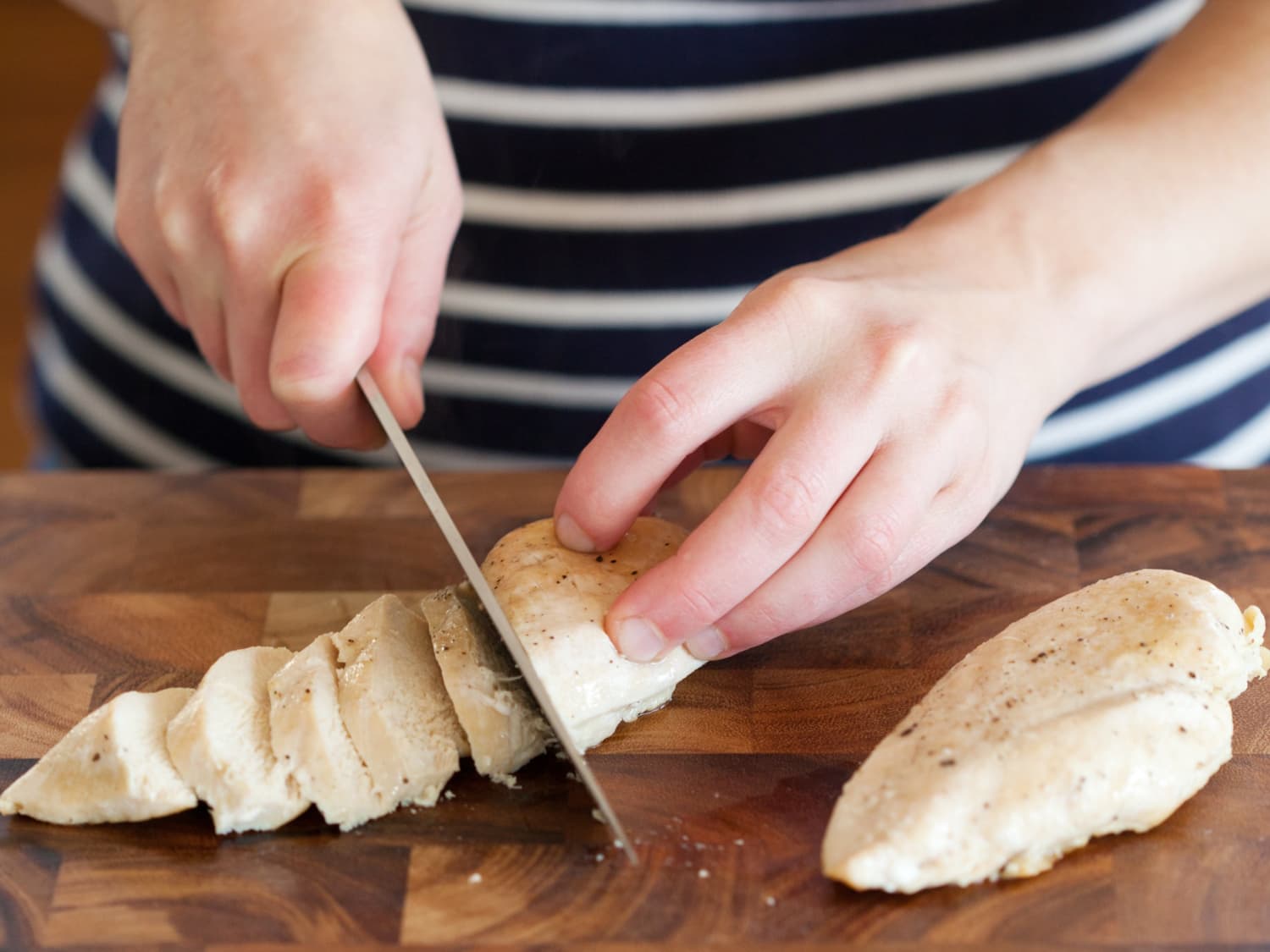
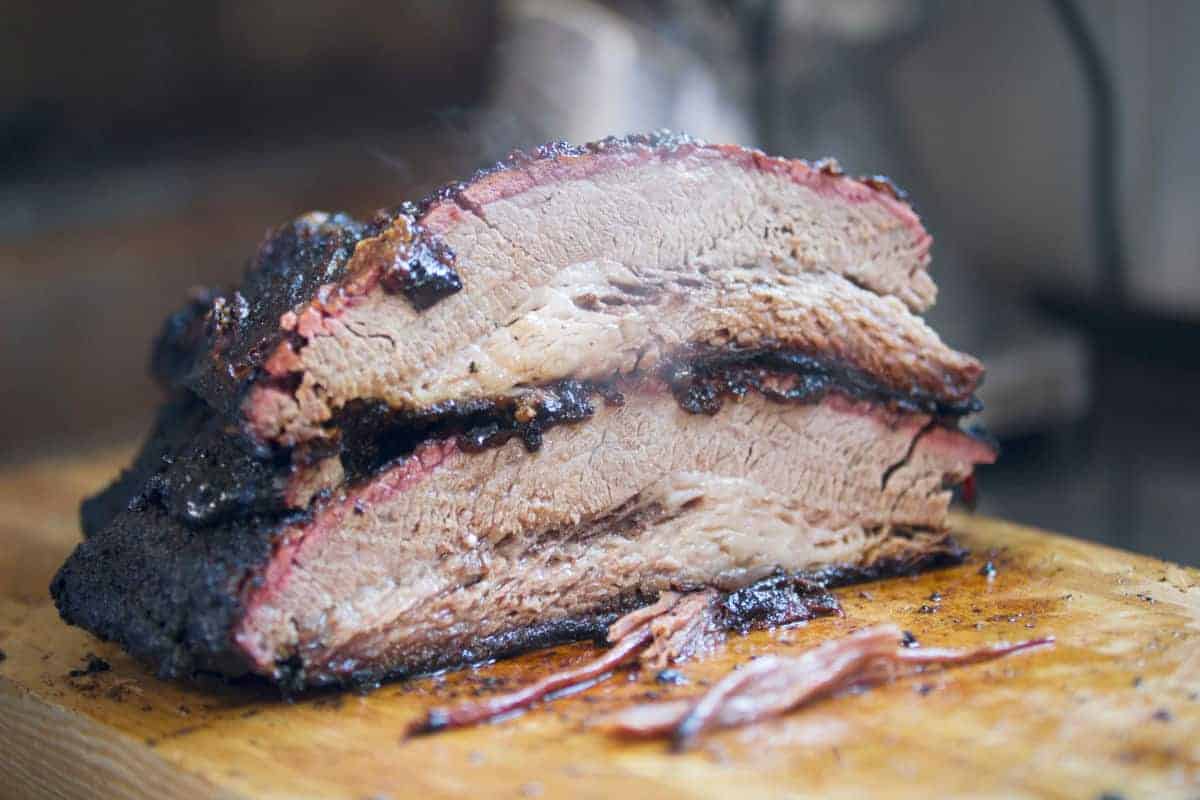

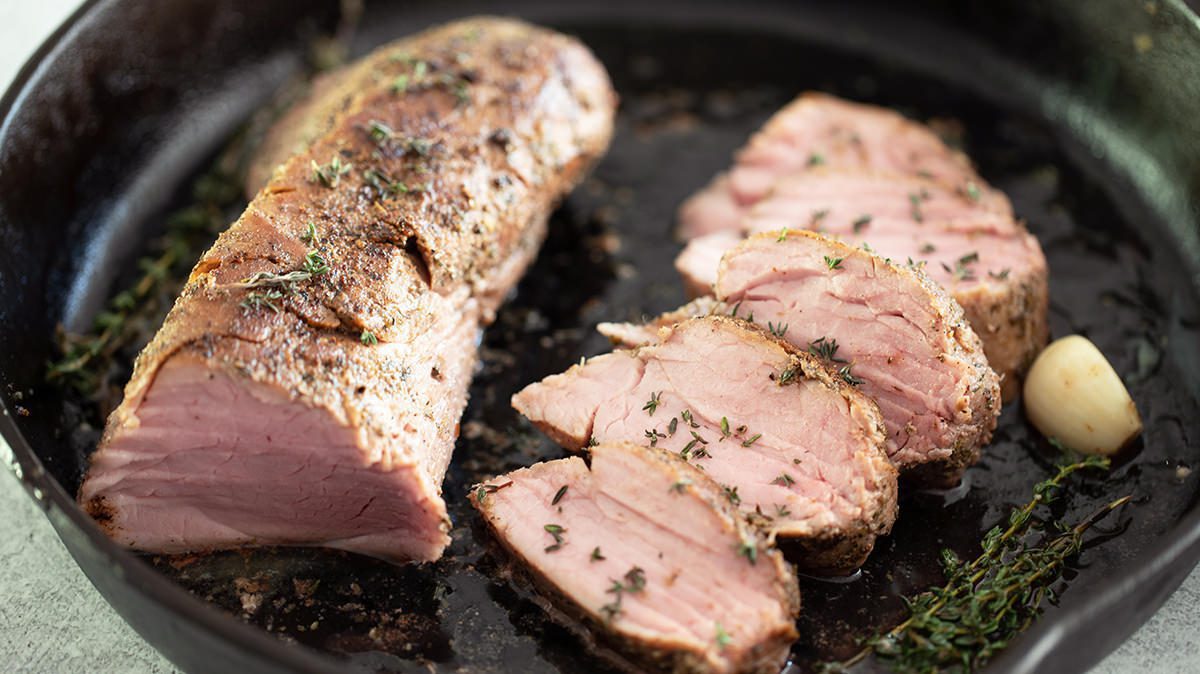
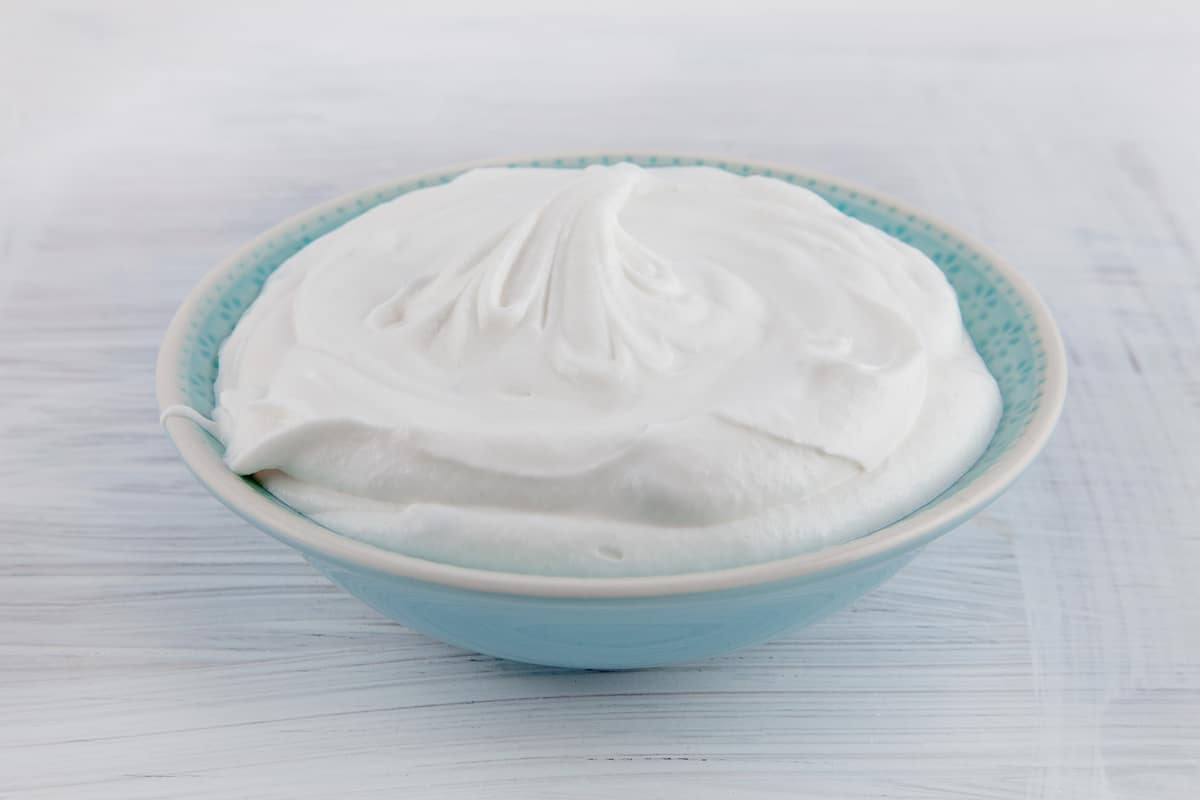

0 thoughts on “How Long Is Venison Good In The Freezer”